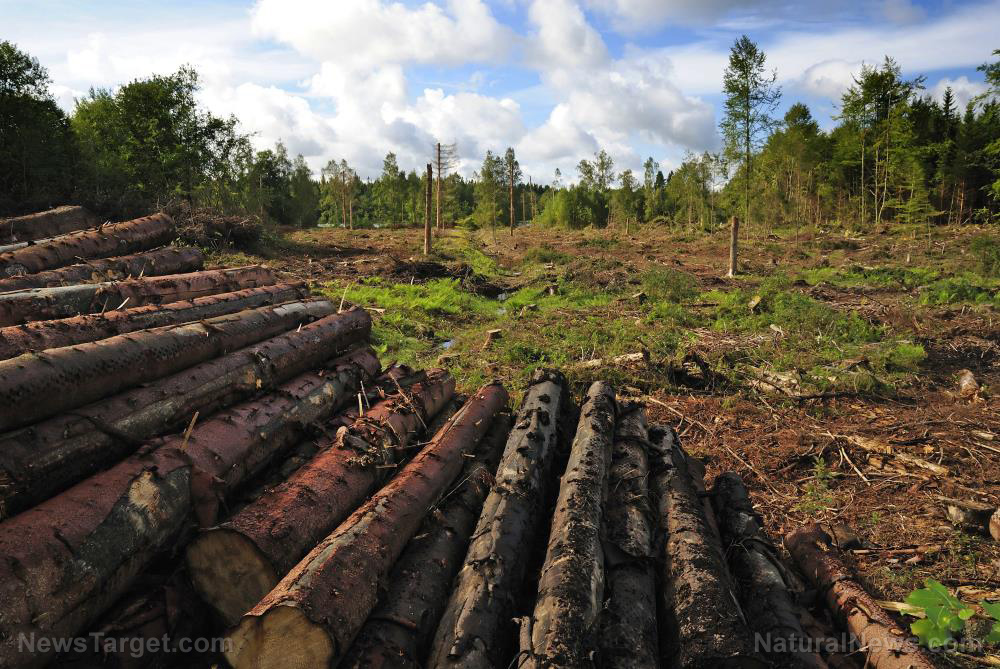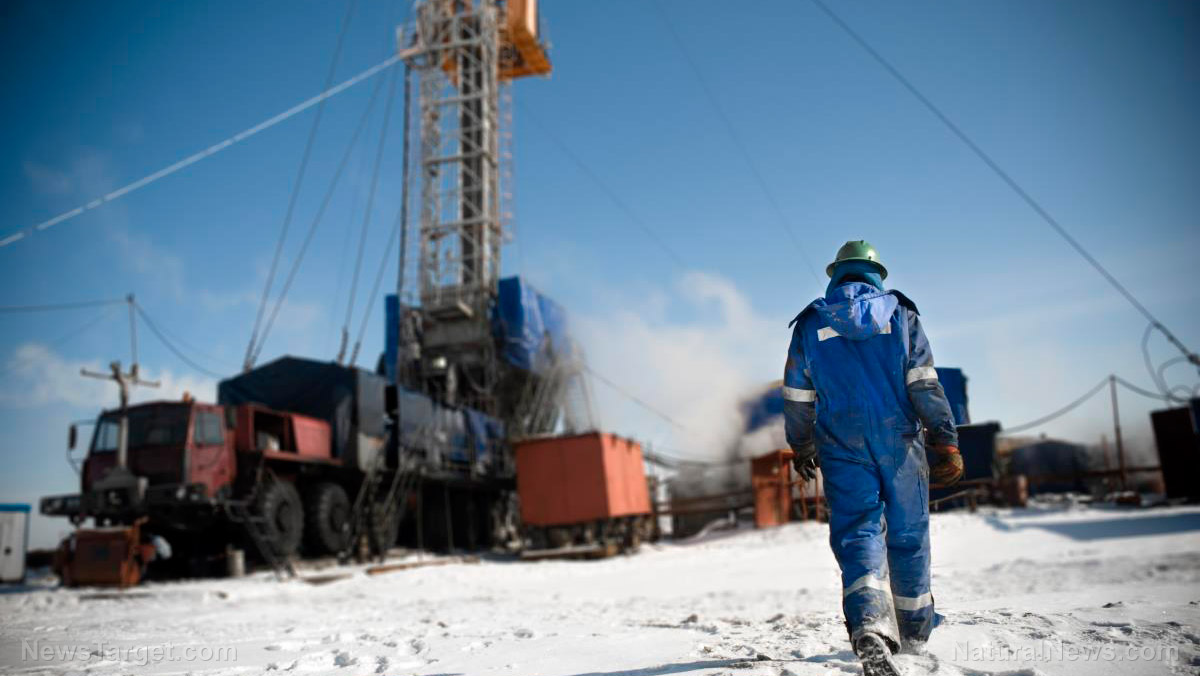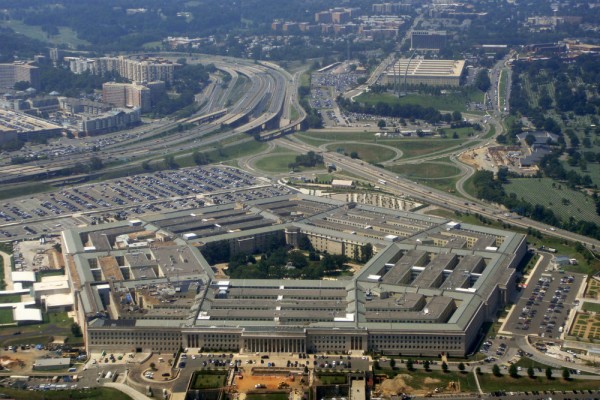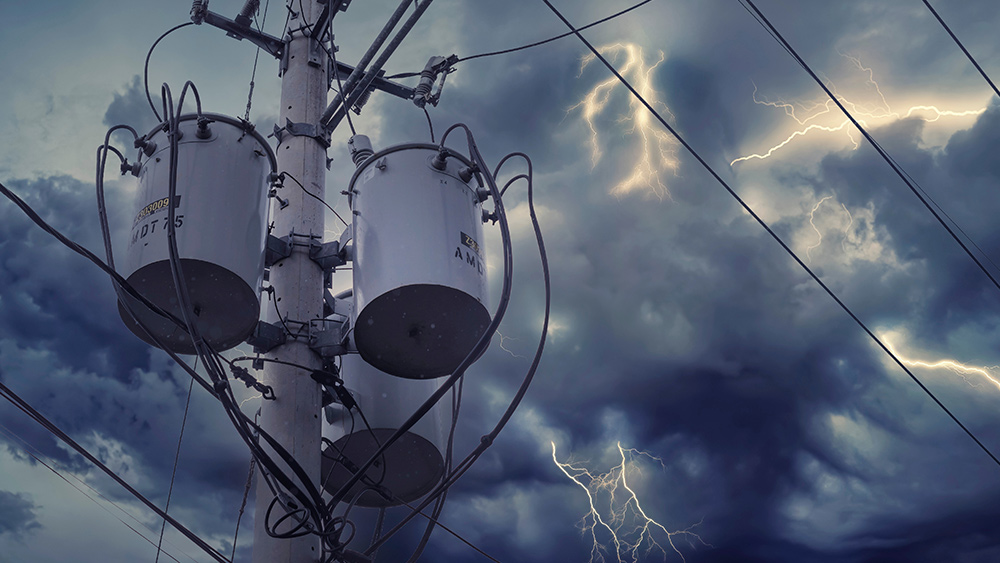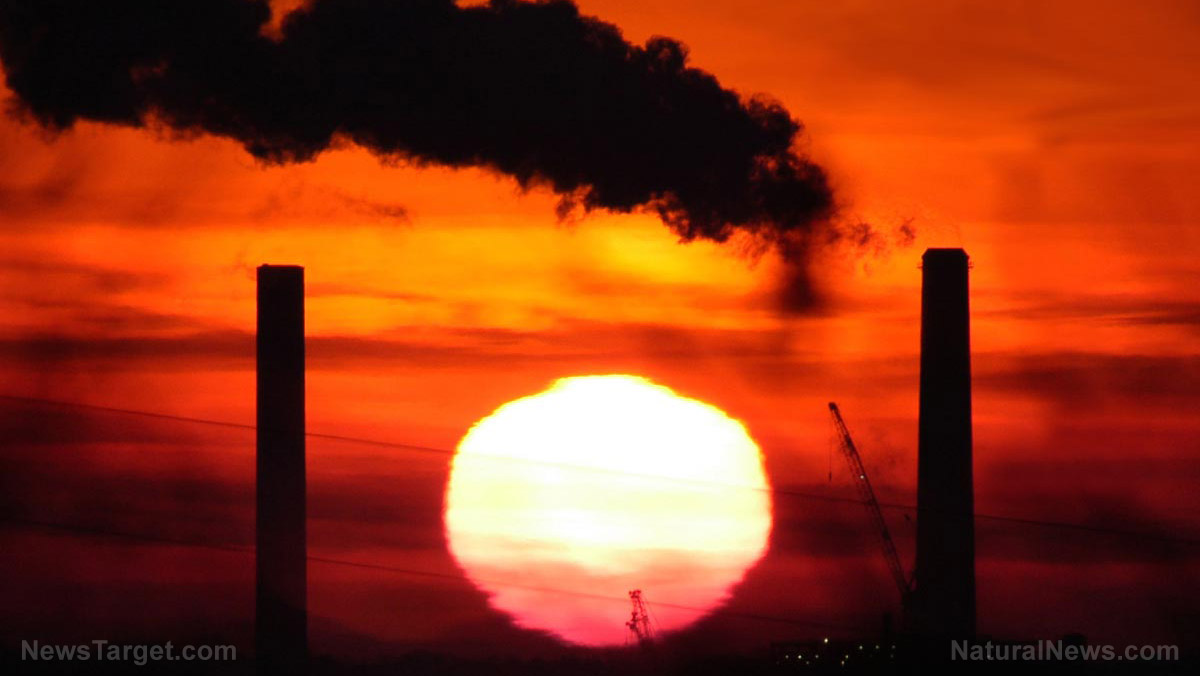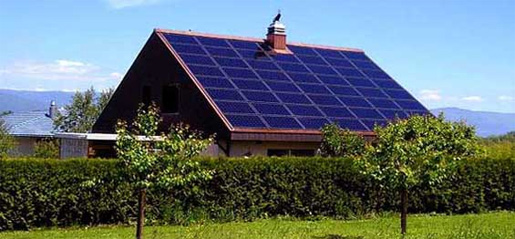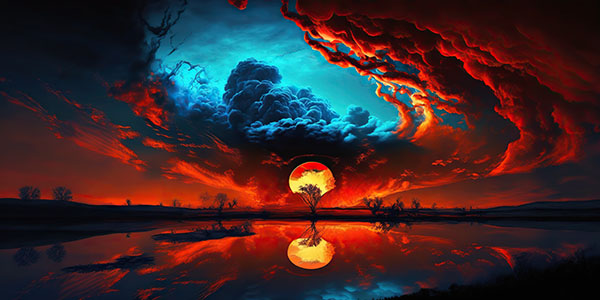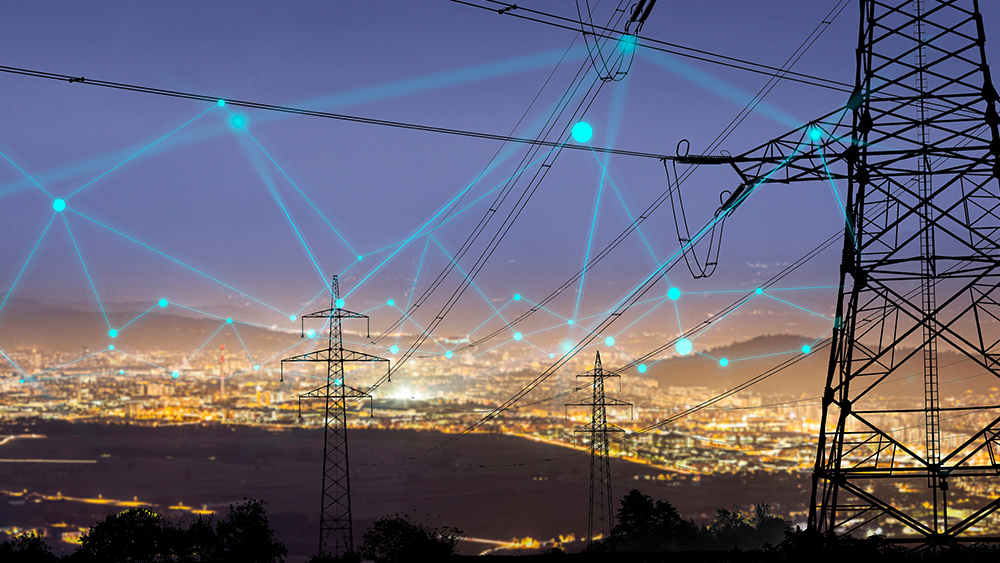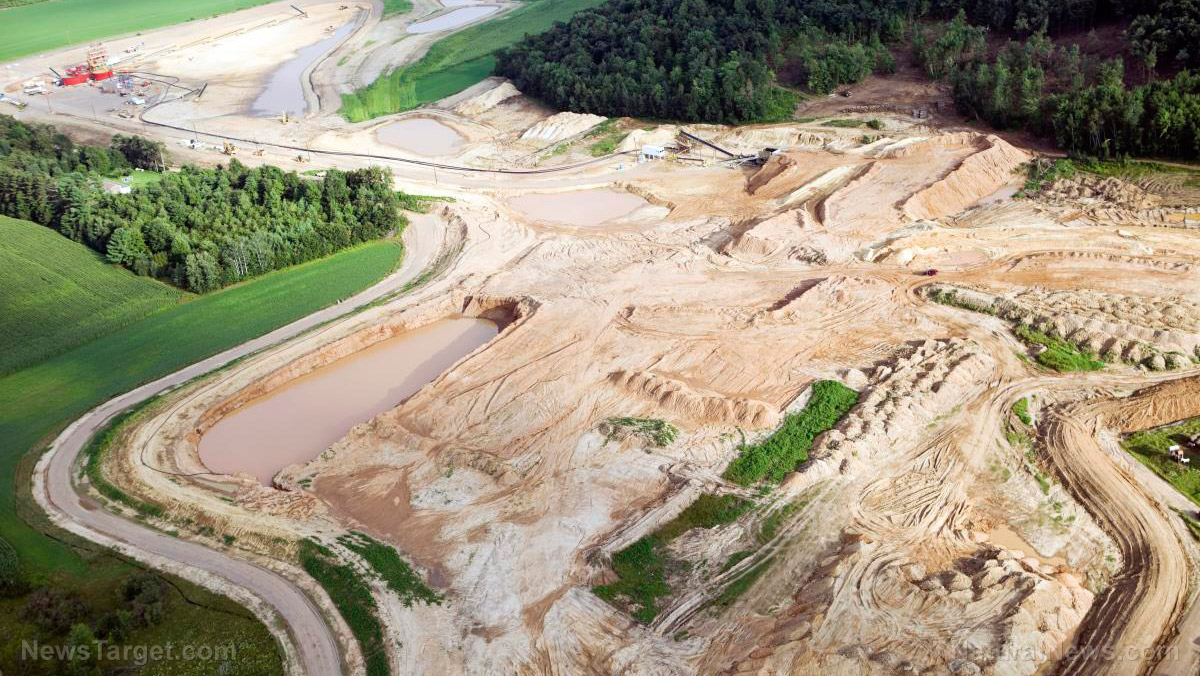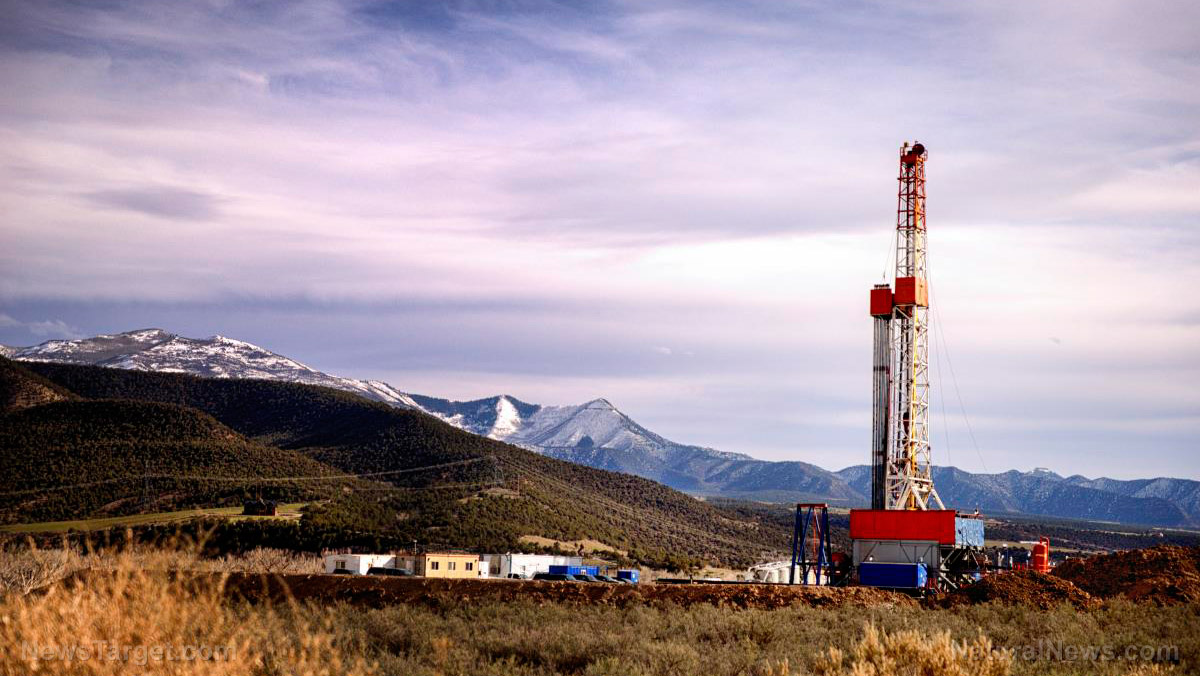Nuclear disaster looms as IAEA chief warns against strike on Iran’s Bushehr plant amid regional crisis
06/23/2025 / By Willow Tohi
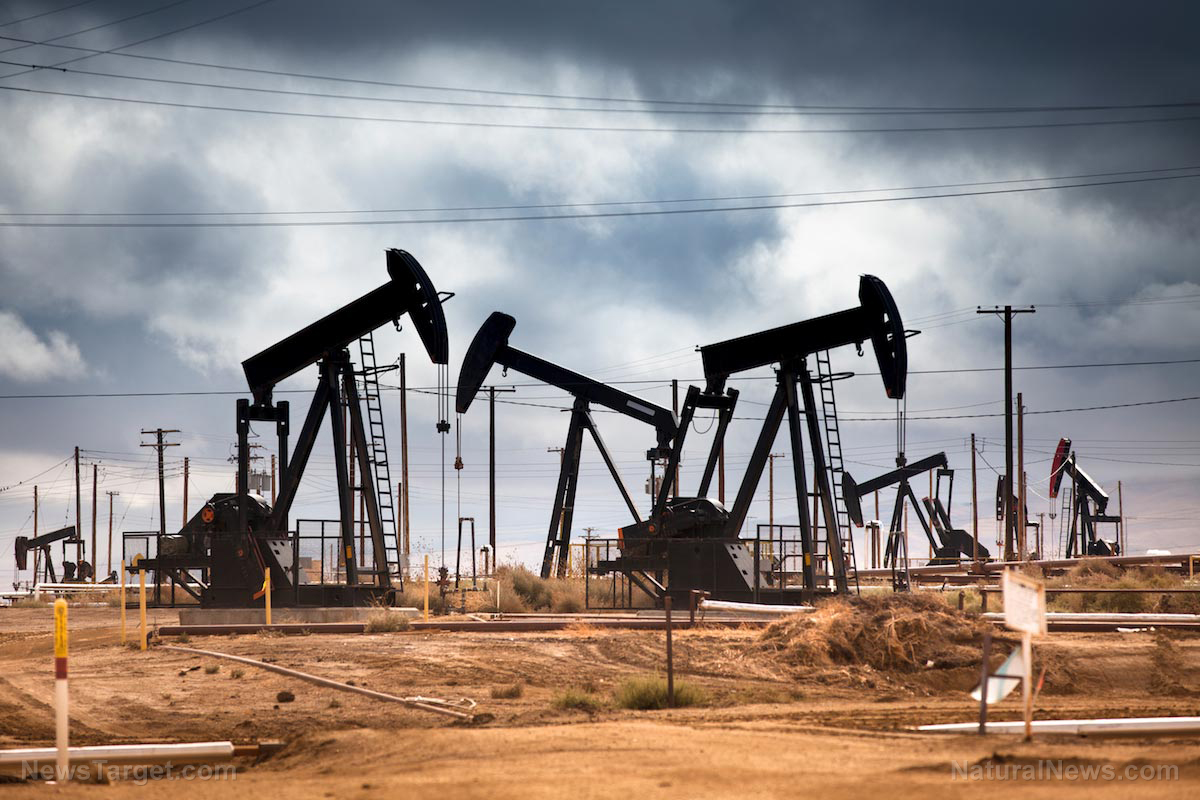
- UN nuclear chief warns of catastrophic radiation release if Israel attacks Iran’s Bushehr plant.
- Over eight days of escalating strikes, Iran and Israel exchange missile and drone attacks, destabilizing the region.
- Nuclear talks remain deadlocked as Iran refuses negotiation under ongoing Israeli airstrikes.
- Global oil markets tumble temporarily but remain volatile amid fears of supply disruption.
- U.S. President Donald Trump delays direct military involvement, allowing Israel to pursue “Operation [Active]” alone.
In an urgent address to the UN Security Council on Friday, International Atomic Energy Agency (IAEA) Director-General Rafael Mariano Grossi warned of a potential nuclear catastrophe if Israel proceeds with airstrikes targeting Iran’s Bushehr nuclear power plant. Grossi emphasized that a direct hit could unleash radiation affecting hundreds of kilometers, urging countries to exercise “maximum restraint” as the Middle East teeters on the brink of a wider conflict.
The crisis escalated amid eight days of relentless Israeli strikes on Iranian military and nuclear sites, coupled with Iranian retaliatory missile attacks on Israeli cities. Over 17 Israelis were injured in Thursday’s bombardment, while Iranian officials reported significant military casualties. Regional neighbors, including Turkey and Iraq, have privately expressed alarm over the radiation threat.
IAEA’s dire warning
Grossi’s remarks marked the agency’s most explicit intervention in the conflict to date. He outlined two scenarios of existential danger at Bushehr: a direct strike on the plant’s reactor or the severing of power lines critical to cooling its core. Either outcome, he said, could provoke a meltdown, requiring mass evacuations and radiation monitoring across vast swaths of Iran and neighboring countries.
“Either scenario would necessitate protective actions, including evacuations and stable iodine distribution, extending to distances of several hundred kilometers,” Grossi cautioned. He also highlighted risks surrounding Tehran’s research reactor, noting attached dangers for the city’s population.
The IAEA chief condemned armed attacks on nuclear facilities as “unacceptable,” stressing that radioactive fallout could transcend national boundaries. His plea came after pressure from regional governments, including Gulf states and Central Asia, directly lobbying the IAEA over security concerns.
Escalating strikes and unyielding positions
Israel has targeted Tehran’s military infrastructure, including Iran’s Revolutionary Guard bases and nuclear facilities. One Israeli strike reportedly damaged a bunker housing Supreme Leader Ayatollah Ali Khamenei, though Iranian state media denied reports of his injury. Meanwhile, Iran’s proxy groups have threatened missile attacks on U.S. bases and vowed to block the Strait of Hormuz, a lifeline for 20% of global oil trade.
Iranian Foreign Minister Abbas Araghchi reiterated to European diplomats in Geneva that negotiations remain suspended until “Israeli aggression stops.” Conversely, Israeli Defense Minister Israel Katz authorized intensified attacks on Tehran’s regime, calling the stalemate “non-negotiable.”
President Donald Trump delayed a decision on U.S. military involvement in the conflict until mid-July, stating, “I will make my decision in two weeks.” White House officials confirmed the U.S. retains “all options,” including tactical nuclear weapons, in contingency planning.
Diplomatic deadlock and economic volatility
European Union-led efforts to mediate between Iran and the U.S. face steep challenges, as Tehran refuses to meet with Washington amid ongoing airstrikes. British, French and German officials met Iranian counterparts in Geneva Friday but acknowledged progress was unlikely.
Oil markets reeled from the uncertainty, with Brent prices plunging nearly $2 per barrel following Trump’s announcement but still up 3.8% week-on-week. Analysts noted the conflict’s potential to destabilize global energy supplies, particularly if Hormuz becomes a battleground.
Broader geopolitical stakes
The Bushehr plant, built with Russian assistance, underscores the conflict’s entanglement of regional and global powers. The Communist Party of China has thus far refrained from military involvement, but Beijing’s muted response contrasts with its growing assertiveness in the South China Sea and Taiwan Strait—a parallel highlighted in geopolitical circles.
For Israel, the campaign echoes its long-standing strategy of preemptive strikes to curb adversaries, including its 2018 sabotage of Iranian research sites. Yet Grossi’s alarm signals unprecedented international concern over the escalation’s human toll and ecological wreckage.
As delegations begin weekend talks in Geneva, the IAEA director’s stark warnings underscore the stakes. The Bushehr plant’s vulnerability—a test of global security norms—has united even historically adversarial nations in fearing a shared catastrophe.
Sources for this article include:
Submit a correction >>
Tagged Under:
Bubble, chaos, Collapse, dangerous, Ecology, energy supply, environ, globalism, national security, nuclear, oil prices, radiation, risk, supply chain, WWIII
This article may contain statements that reflect the opinion of the author
RECENT NEWS & ARTICLES
PowerGrid.News is a fact-based public education website published by Power Grid News Features, LLC.
All content copyright © 2018 by Power Grid News Features, LLC.
Contact Us with Tips or Corrections
All trademarks, registered trademarks and servicemarks mentioned on this site are the property of their respective owners.

